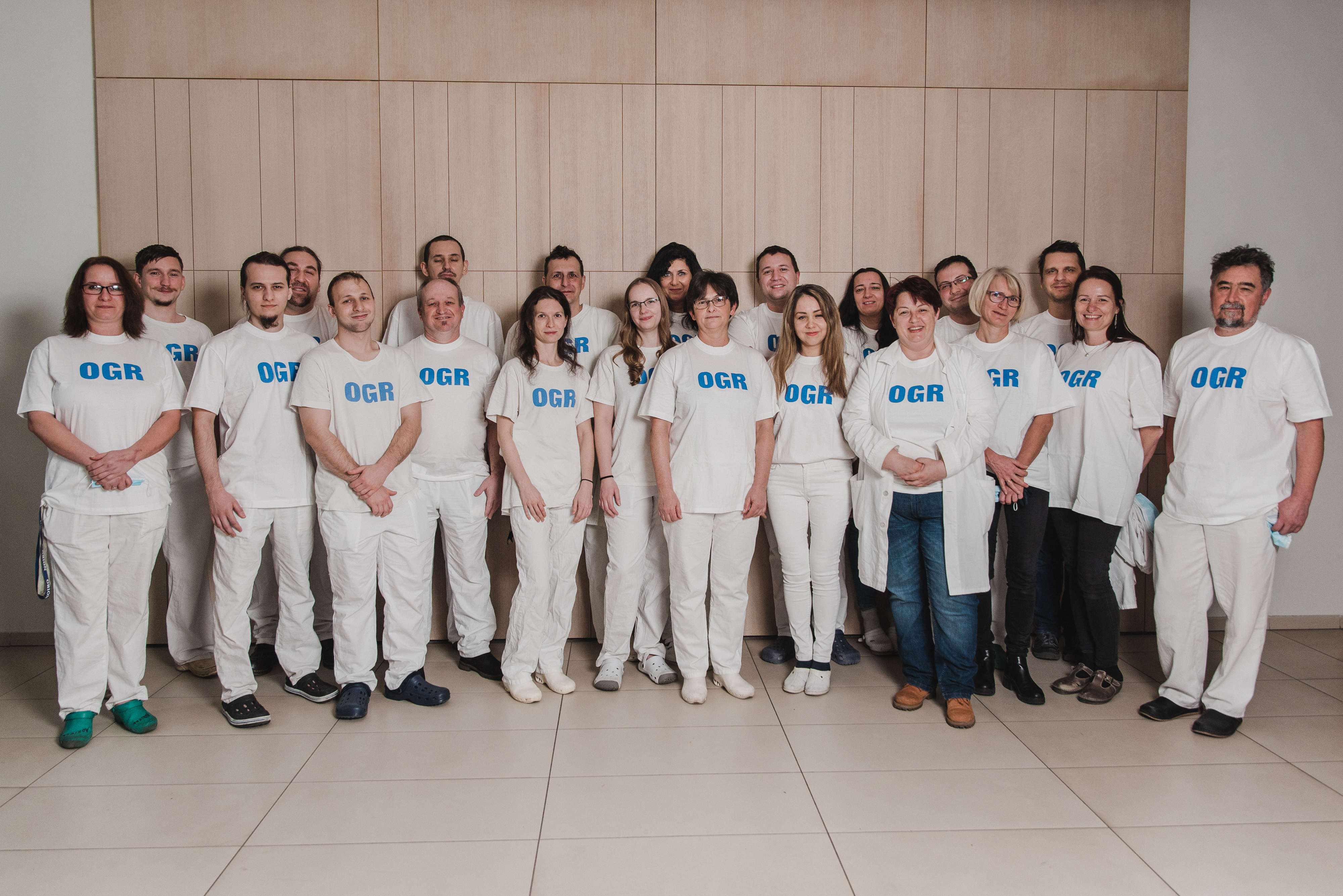Medical GeneTechnology Unit
The Medical Genetechnology Unit (MGTU) of the Institute of Experimental Medicine operates the country's largest SPF facility specialized in the housing, breeding, and creation of genetically modified mouse lines. Besides the animal facility three laboratories working in collaboration, ensure the necessary technology: the Genotyping Laboratory is responsible for genotyping and colony management; the Embryology Laboratory is involved in creating new lines through pronuclear microinjection, as well as maintaining hygiene through pathogen decontamination, including generating lines from frozen embryos and sperm, and archiving lines as needed. The Recombinant DNA Laboratory constructs the necessary constructs for creating new models, providing the intellectual background for the scientific use of mouse genetics.
Based on the facility's size, housing technology, and accumulated know-how, the MGTU stands out as one of the country's outstanding research infrastructures. Its services are not only utilized by all major institutions working with genetically modified mice in the country but also attract international clients.
Over the past 20 years, embryology and molecular biology have undergone significant development, impacting both animal technology and the creation of genetically modified mice. The MGTU has continuously improved its capabilities partly by localizing published technologies and partly by developing new methods. In the field of embryology, it has popularized the use of in vitro fertilization for embryo production and developed an efficient method for embryo implantation. It was among the first in Hungary to apply CRISPR/Cas9 technology for creating genetically modified mice, enabling gene inactivation, conditional gene knockout, point mutation generation, enhancer mapping, and the creation of knock-in reporter mice. In the MGTU's Recombinant DNA Technology Laboratory, in addition to simple recombinant DNA techniques, there is also the possibility to create recombinant artificial bacterial chromosomes, and they prepare the RNA work necessary for protein-mediated gene insertions. As the CRISPR/Cas9 system is limited in its ability to insert large foreign DNA in a site-specific manner, in parallel with researchers from the Jackson Laboratories, we have developed Bxb1 integrase-mediated gene insertion. The current technical arsenal and personnel at MGTU are capable of creating any genetically modified mouse, as well as other constructs, for example, for somatic gene transfer purposes, employing both viral and non-viral approaches.






